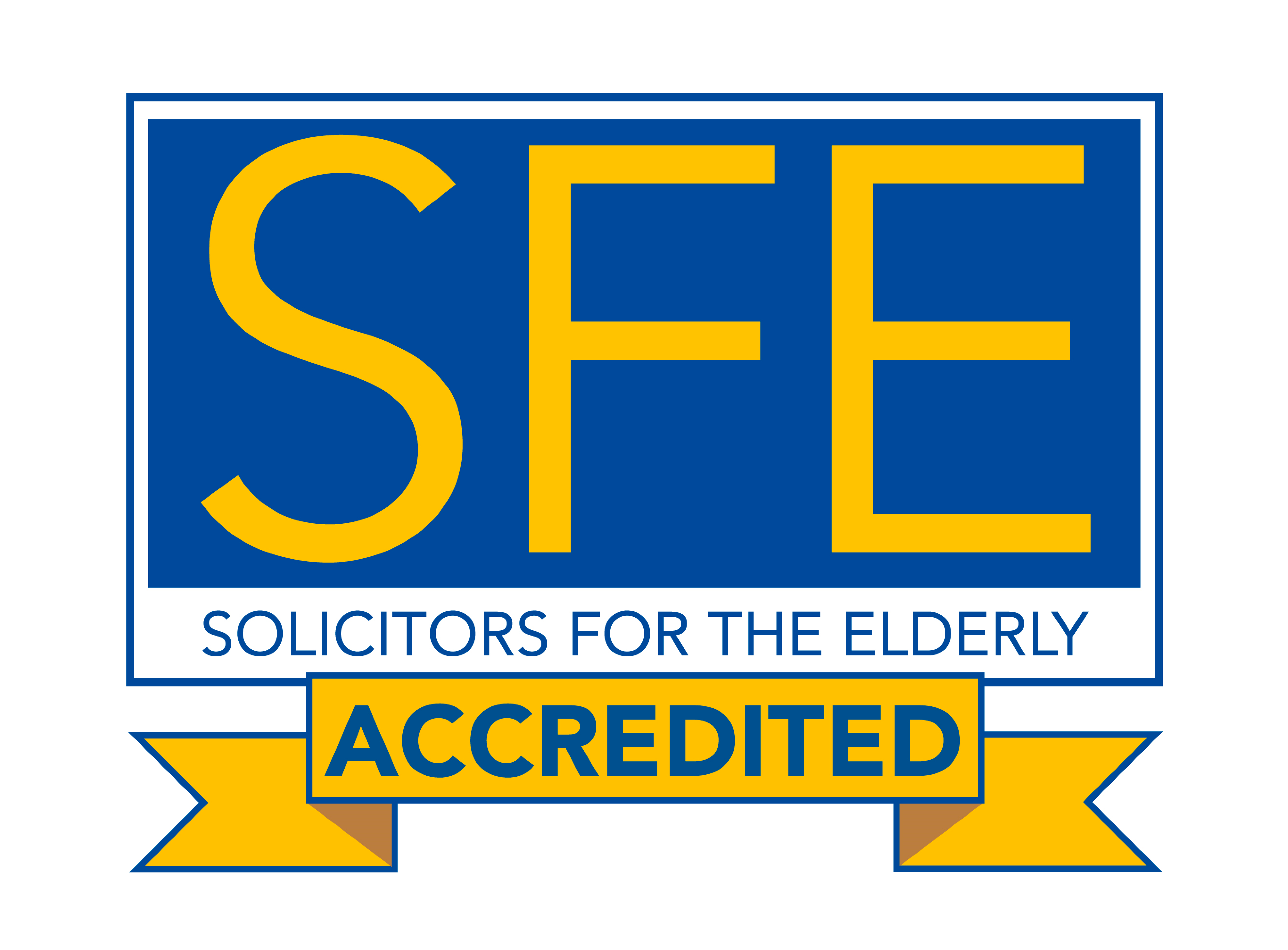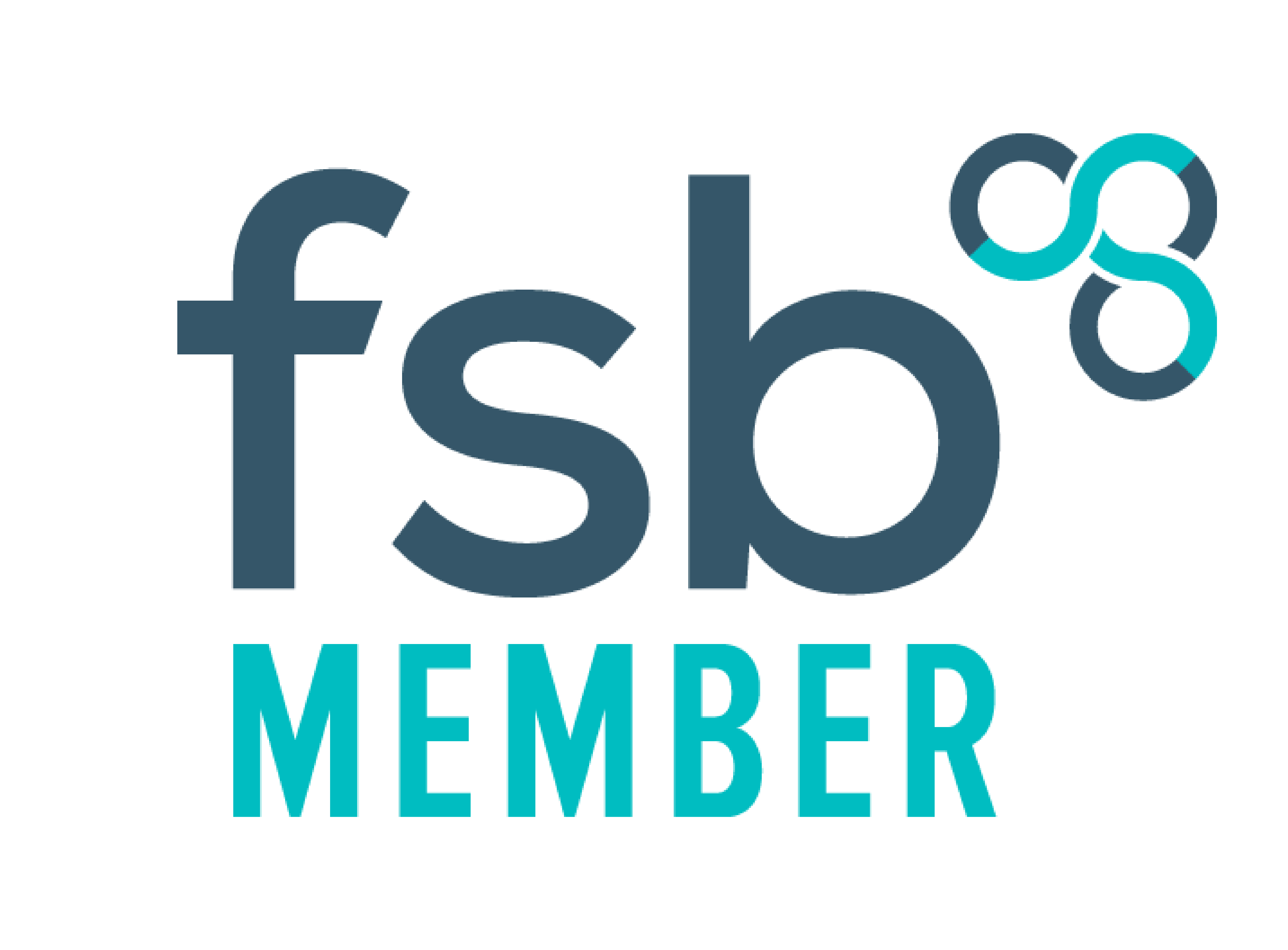Q&A Part one
Do you have questions regarding NHS Continuing Healthcare? How to know if you are eligible for NHS Continuing Healthcare? Or what to do if you do not agree with a decision made that your loved one is not deemed eligible for NHS Continuing Healthcare? Read on to see Sharon Lamerton of Plym Legal Services answer some of your questions in our first Q&A instalment below.
What is NHS Continuing Healthcare funding?
NHS Continuing Healthcare funding is funding that is available from the NHS for someone who has, what is known as a primary healthcare need. The NHS decide whether someone has a primary healthcare need by undertaking an assessment using what is known as a Decision Support Tool (DST) and then making a recommendation to the Clinical Commissioning Group (CCG) and the CCG then make a decision based on the recommendation from the multi-disciplinary team who completed the DST.
How do I know if I am eligible to apply for NHS Continuing Healthcare funding?
Anyone can apply for an NHS Continuing Healthcare assessment, however the NHS screen these by completing what is known as a checklist where the level is quite low, if you pass that level a full NHS Continuing Healthcare assessment will be undertaken using a Decision Support Tool (DST). Eligibility is based on looking at 12 domains within the Decision Support Tool (DST) and these include such things as, breathing, cognition, behaviour, nutrition, continence and mobility to mention but a few. Each domain has different levels, some go to priority, some only go to severe and some only go to high. The Framework Guidance says that someone who has 1 priority, or 2 severe levels should be eligible for NHS Continuing Healthcare. Someone who has a mix of 1 severe and several high levels will be assessed against the 4 key characteristics, of nature, intensity, complexity and unpredictability. As you can probably tell, it is a complex process, however the NHS say that you do not need specialist advice to deal with this. We would say that our clients would entirely reject this as the majority of them say that they could not have done this without us.
What can you do if you do not agree with the decision made that your loved one is not deemed eligible for NHS Continuing Healthcare funding?
You can appeal the decision and the first stage of this is known as a Local Resolution Panel (LRP), where you can meet with representatives from the Clinical Commissioning Group (CCG) to discuss with them why you think they are wrong in their decision. This is always quite difficult as they are the ones that made the decision in the first instance and sometimes it can be extremely difficult to persuade them that they are wrong. If they maintain their decision, the next stage would be an independent review panel request to NHS England. This is where an independent chair along with somebody from the CCG and a social services authority but not from your area will meet with you to look at why you think the CCG is wrong and the CCG come along as well to say why they think they are right.
What is the process regarding a retrospective claim for NHS Continuing Healthcare funding and is it a lengthy process?
Somebody who has died or somebody that is now receiving Continuing Healthcare funding can ask the CCG to look back at a retrospective period when they have not been assessed for NHS Continuing Healthcare. This was called a retrospective review and it is now called a claim for a previously unassessed period of care, claims will only now be considered from the 1st April 2012. We make a submission to the CCG in question and they complete a pen portrait, we get to comment on the pen portrait and this then leads to a Decision Support Tool (DST) being completed and a recommendation being made by the nurse assessor and then a decision being made by the CCG. Is this a lengthy process? Yes I am afraid it is, these were taking around 4 years but due to Covid-19 there has been a further delay as the CCG have not looked at any of these for many months, so we are probably looking at a 4 year plus period now for completing one of these.




